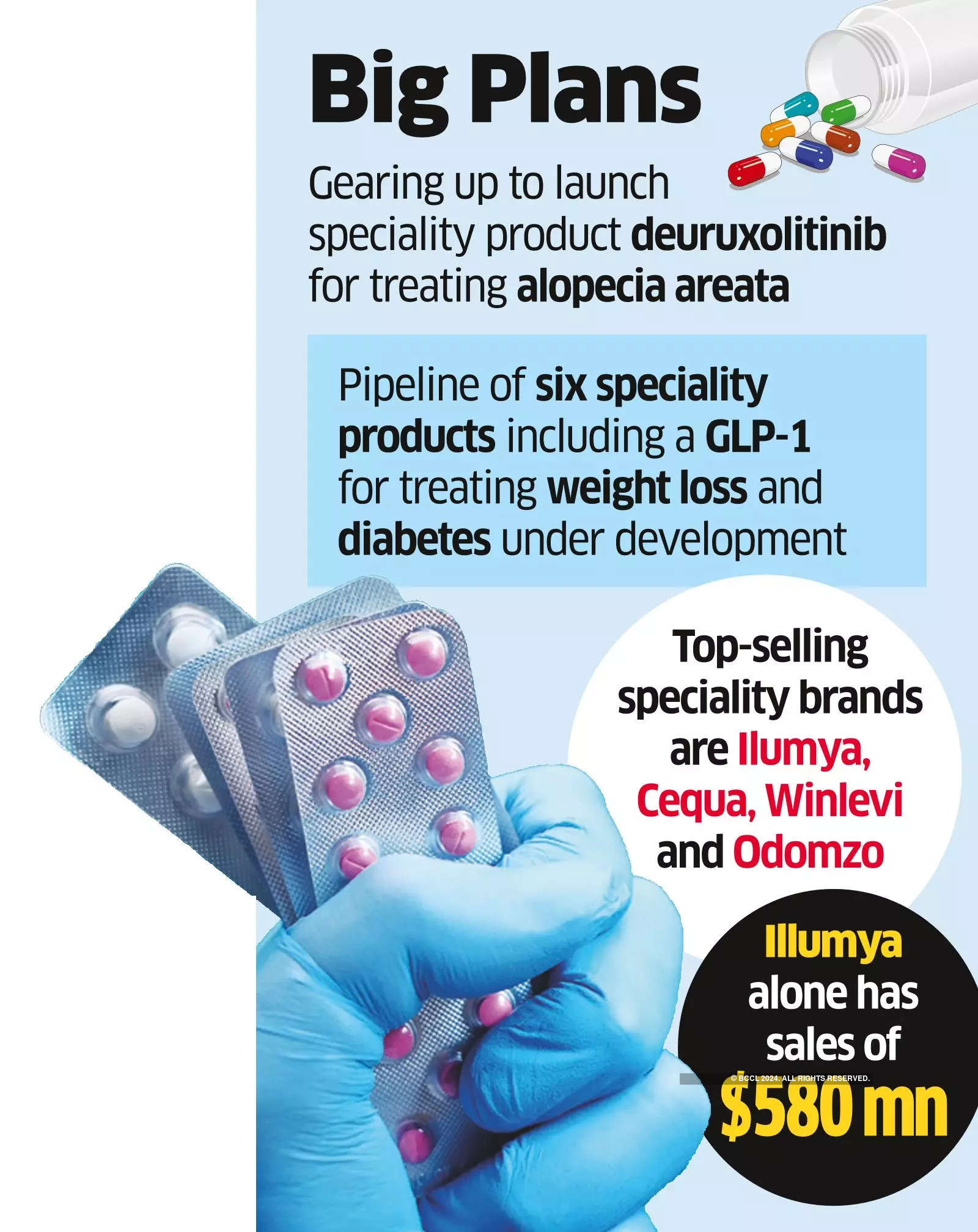Sun Pharma, India’s largest drug maker, will pursue licensing and acquisitions to expand its speciality business, the company’s senior executive said.
“M&A – we have always tried to be very judicious; looked at ways by which we can use licensing or acquisitions as a way to fill the gaps in our portfolio and achieve our strategic goal,” said Abhay Gandhi, CEO-North America Business at Sun Pharma.
“Of course, having a cash chest of close to $2.4 billion inclusive of Taro enables us to pursue mid- to large-size transactions as well,” Gandhi said.
He added in the past few years Sun Pharma has been making conscious efforts to develop a pipeline of products in-house and “going ahead, it will be a combination of both (M&A and inhouse development)”.
As of March 31, Sun Pharma at the consolidated level has net cash of $2.4 billion, of which Taro Pharmaceutical Industries’ cash is $1.3 billion with zero debt.
The imminent delisting and merger of Taro with Sun Pharma will enable the Mumbai-based drug maker to utilise Taro’s cash to further business growth.

Sun Pharma owns 78.48% of the NYSE-listed Taro. Sun Pharma decided to acquire the remaining 21.52% stake for Rs 2,891.7 crore.
Speciality drugs are medications that provide targeted therapy for severe, chronic, and rare diseases and are often built on innovation like new delivery formulations such as patches, inhalers, and topicals or a novel combination or new disease indications or better safety profile, so they get some protection by patents and are also complex to copy, ensuring drug makers limited competition, and much better margins.
For example, Sun Pharma last year paid Rs 4,600 crore upfront to acquire US-based Concert Pharma, which gave it rights to its lead candidate called Deuruxolitinib, used for the treatment of adults with moderate to severe alopecia areata that causes balding. There are currently limited treatment options available for this disease.
But unlike generic drugs, speciality requires a lot of investment in development and commercialisation, and the payoffs hinge on a lot of factors. Companies must invest significant time and money in clinical development, regulatory filings, brand building, front-end distribution, ensuring coverage of payers, and raising sales force to motivate doctors to write more prescriptions.
Since speciality drugs are not breakthrough innovations there is always a sword of a copy hanging.
Over the years Sun Pharma built its speciality business through a series of licensing deals and acquisitions.
Sun Pharma’s global speciality business of which the majority of the sales come from the US has surpassed the $1 billion sales milestone in FY24.
Global speciality sales contributed about 18% of Sun Pharma’s revenue and grew 19% YoY to $1.04 billion in FY24.
Out of Sun Pharma’s specialty portfolio Ilumya (tildrakizumab), used to treat people with moderate to severe plaque psoriasis, alone reported sales of $580 million growing at around 21.7% YoY in FY24.
Source: Economic Times